
Sidus Space, Inc. (NASDAQ:SIDU) has signed an agreement with Dawn Aerospace (“Dawn”) to implement the latter’s green, chemical propulsion technology into the company’s LizzieSat smallsat.
smallsat.

Among the novel characteristics of Sidus Space’s proprietary LizzieSat is that its size allows Sidus to include propulsion and provide precision pointing and maneuvering otherwise not available to smaller cubesats. Additionally, propulsion provides a longer life on-orbit and that means continued data transfer and revenue opportunity. Each LizzieSat
is that its size allows Sidus to include propulsion and provide precision pointing and maneuvering otherwise not available to smaller cubesats. Additionally, propulsion provides a longer life on-orbit and that means continued data transfer and revenue opportunity. Each LizzieSat is 100 kg. with approximately 20 kg. dedicated to payloads including remote sensing instruments. The larger mass also allows design for redundancy and reliability into the spacecraft.
is 100 kg. with approximately 20 kg. dedicated to payloads including remote sensing instruments. The larger mass also allows design for redundancy and reliability into the spacecraft.
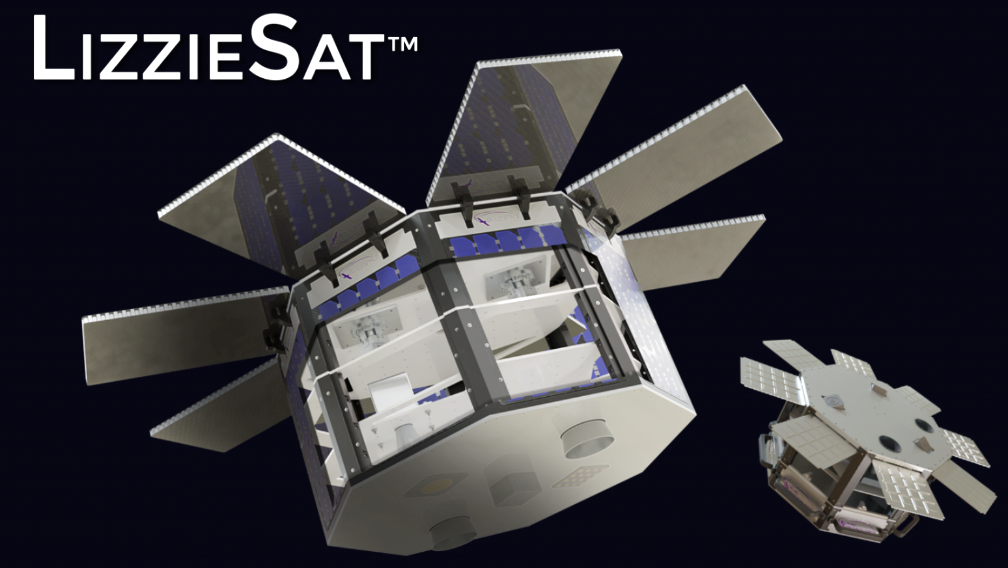
Dawn is a space transportation company, specializing in non-toxic chemical satellite propulsion and sustainable space launch. Dawn has provided in-space propulsion products – used to propel satellites – to customers globally since 2019.
“We are excited to partner with Dawn Aerospace on this important feature for our LizzieSat constellation. We believe Dawn’s turnkey propulsion technology will allow us to extend our time in orbit and deliver on our future value proposition of providing space-based data to a multitude of industries,” said Carol Craig, Sidus Space Founder and CEO.
constellation. We believe Dawn’s turnkey propulsion technology will allow us to extend our time in orbit and deliver on our future value proposition of providing space-based data to a multitude of industries,” said Carol Craig, Sidus Space Founder and CEO.
“We look forward to partnering with Sidus Space to enable propulsion for their missions,” said Jeroen Wink, Dawn Co-founder. “Sidus is one of many customers we are providing propulsion to as demand for space products and services continues to grow.”
Sidus Space (NASDAQ: SIDU), located in Cape Canaveral, Florida, operates from a 35,000-square-foot manufacturing, assembly, integration, and testing facility focused on commercial satellite design, manufacture, launch, and data collection. The company’s rich heritage includes the design and manufacture of many flight and ground component parts and systems for various space-related customers and programs. Sidus Space has a broad range of Space-As-a-Service offerings including space-rated hardware manufacturing, design engineering, satellite manufacturing and platform development, launch and support services, data analytics services and satellite constellation management.
Dawn Aerospace’s mission is to enable the next generation of space users by providing dramatically more scalable and sustainable ways to access and move around in space. It is now a leading supplier of turnkey green propulsion systems for NanoSat, MicroSat, ESPA, and ESPA Grande-class satellites. Dawn is also active in reusable launch vehicle development, with an active test flight program of the Mk-II Aurora spaceplane demonstrator, with 30+ flights completed.

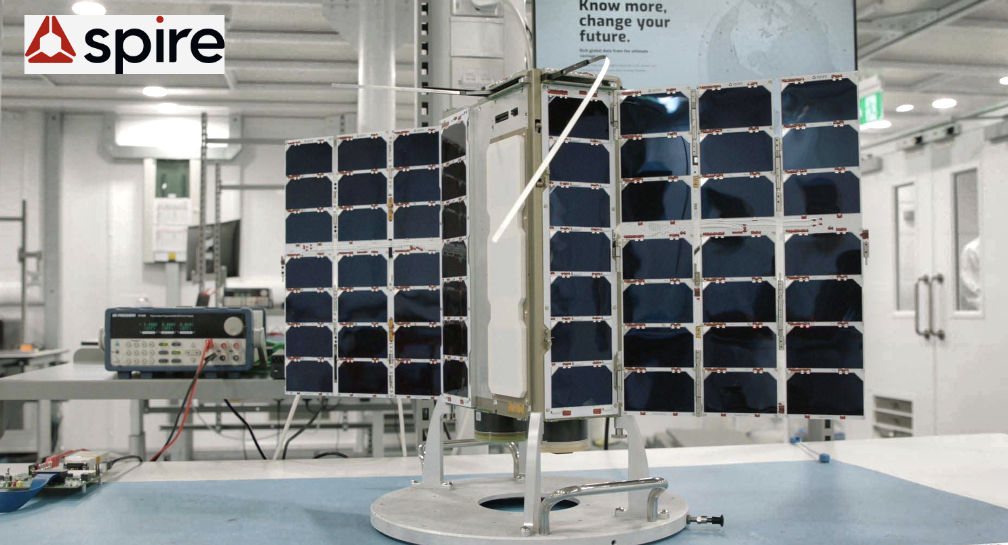
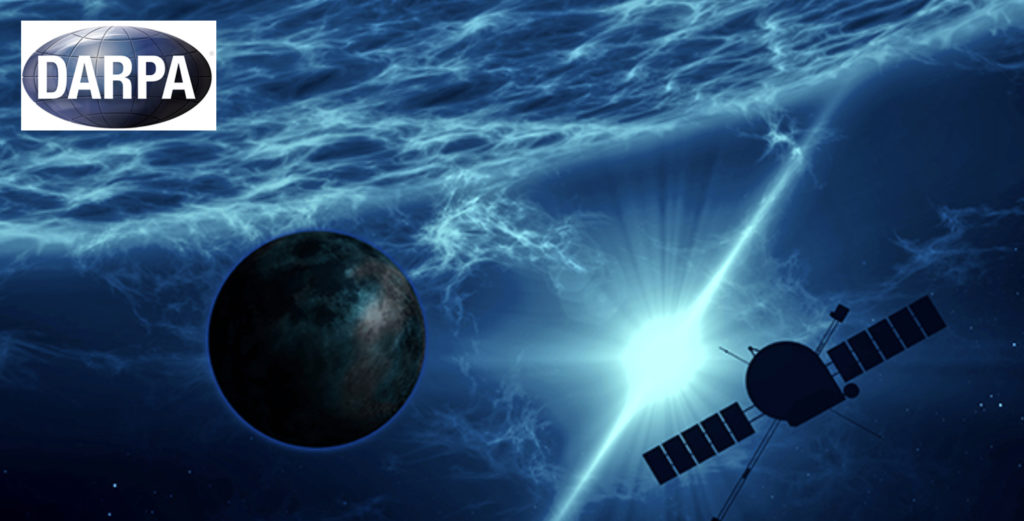
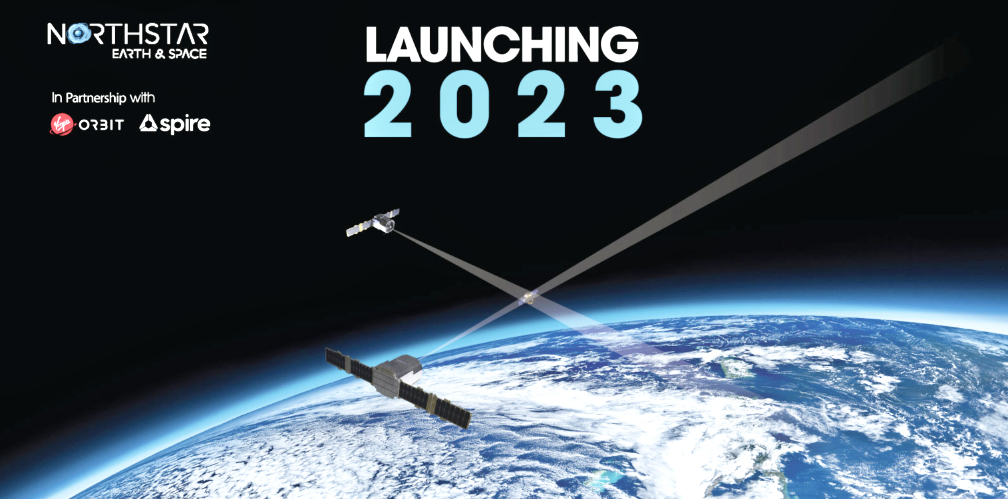

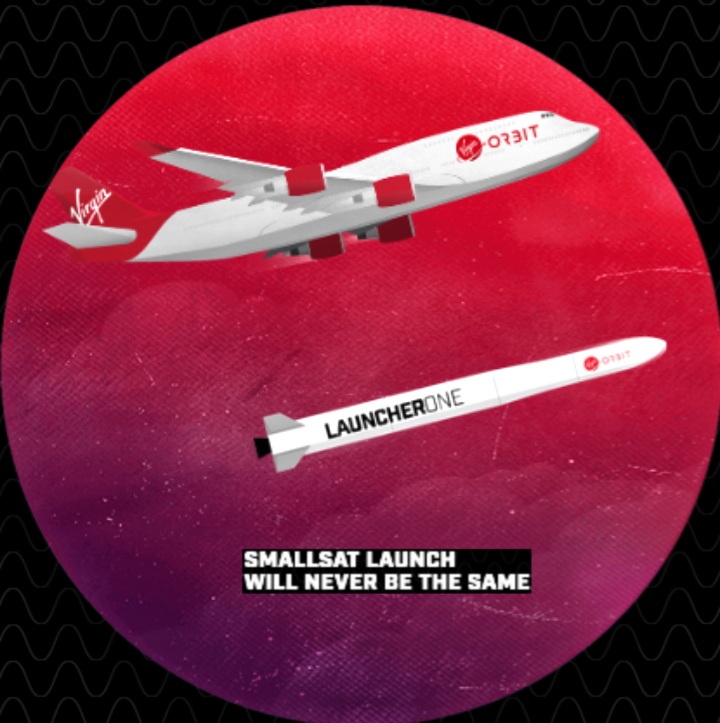
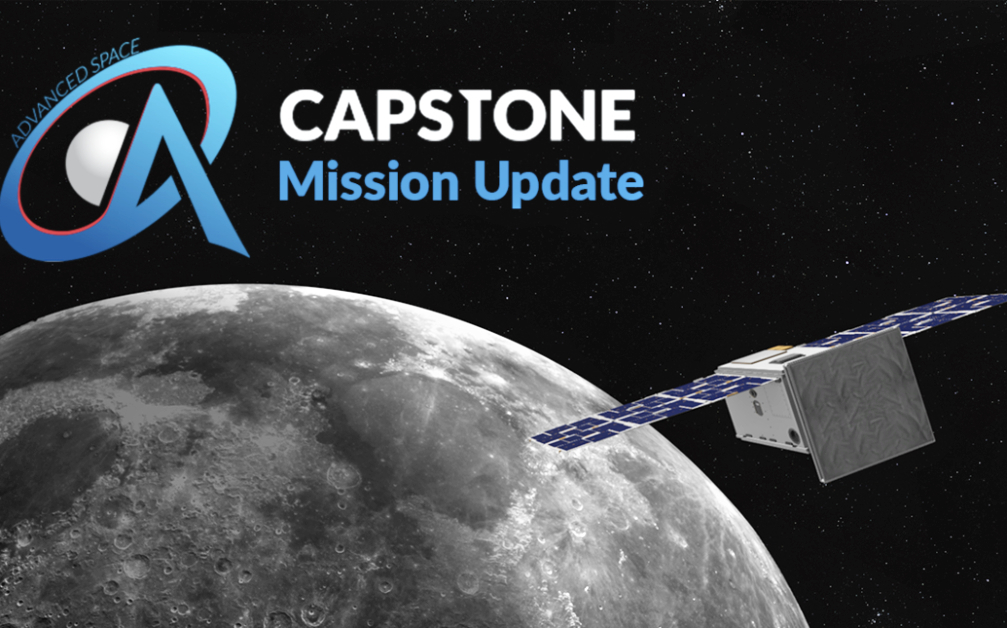
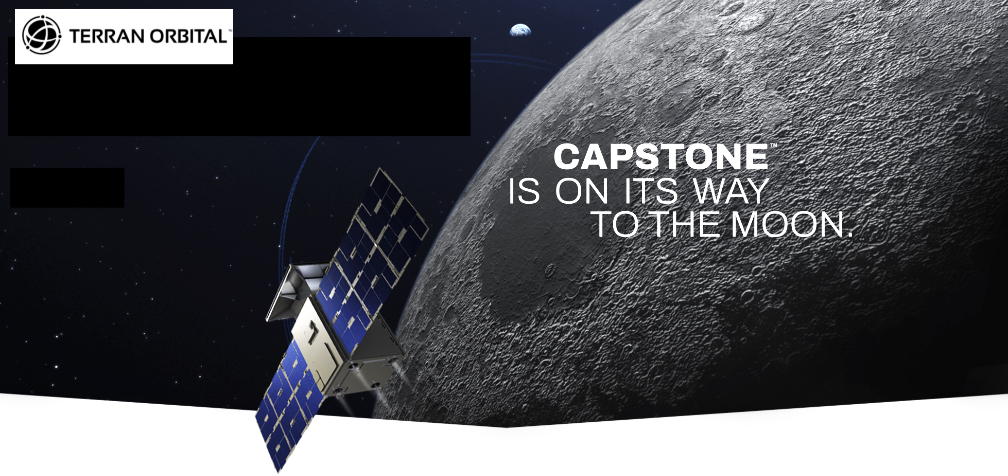

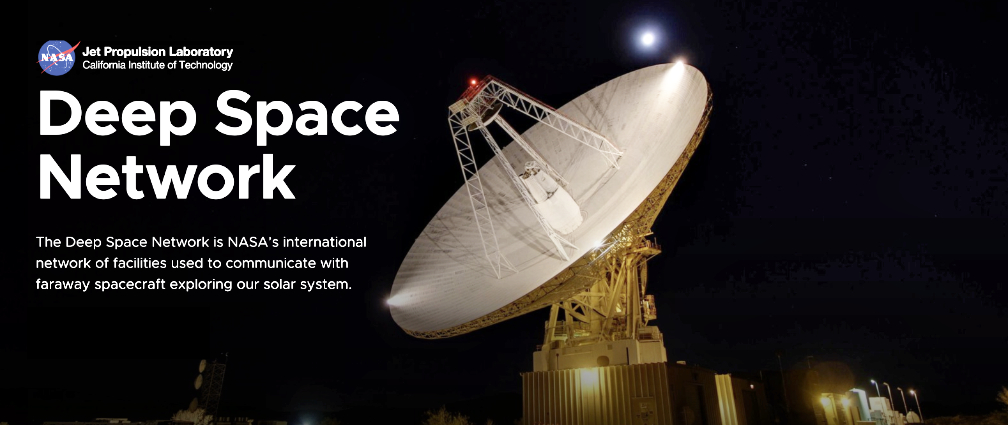
 , the Cislunar Autonomous Positioning System.
, the Cislunar Autonomous Positioning System.